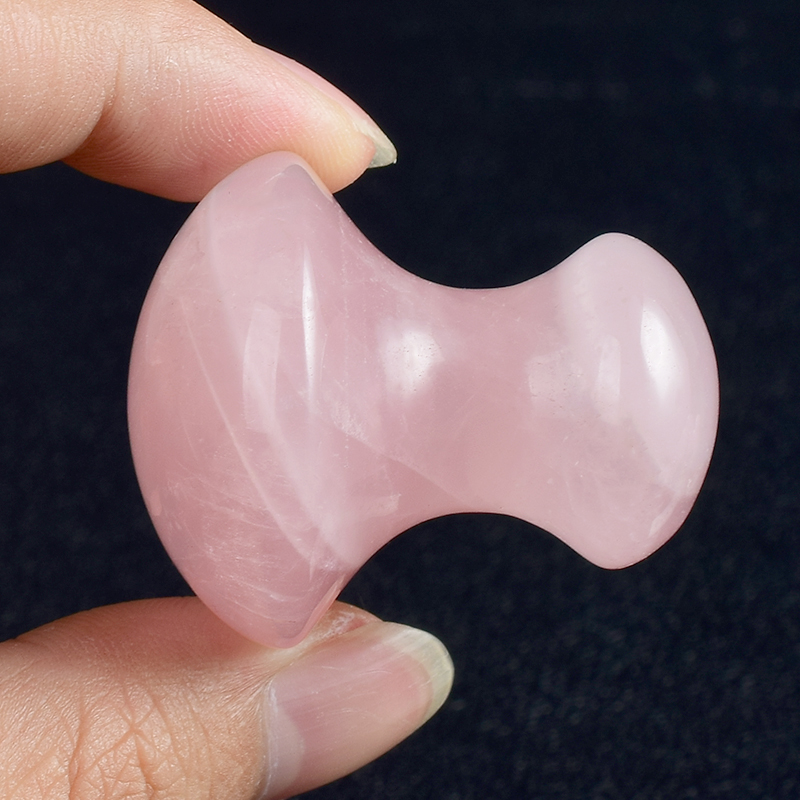Elderly individuals may emit a distinct odor, and this phenomenon is not based on personal bias but is supported by scientific research. A study in the journal “Comprehensive Public Science Library” indicates that people can discern the age group of elderly individuals through smell, even though it is challenging to describe the specific differences in each scent, there is a general consensus that a unique odor associated with the elderly exists.
The source of this so-called “old person smell” mainly includes several aspects: first, the higher content of 2-nonenal in the skin of elderly individuals, which is the primary factor causing the unique body odor. Second, with age, elderly individuals tend to be less active, sweat less, bathe less frequently, along with the accumulation of dead skin cells and dust in skin folds left uncleansed for a long time, leading to unpleasant odors. Additionally, infrequent changes of clothing and bedding also contribute to the odor. Third, health conditions such as lung, prostate, or kidney diseases, as well as diabetes, can cause the body to emit specific odors. Fourth, due to mobility limitations, elderly individuals may not attend to personal hygiene promptly, leading to exacerbation of bad breath by neglecting oral hygiene, a combination of various factors creating an unpleasant smell.
It is worth noting that some elderly individuals do not have a noticeable odor, mainly as a result of their good lifestyle habits and proper management of illnesses. Therefore, improving personal hygiene habits is crucial in reducing the “old person smell.” It is recommended to regularly conduct thorough personal hygiene, use soaps and body wash with fresh fragrances, and provide more assistance to elderly individuals with limited self-care abilities by family members or caregivers. Additionally, maintaining cleanliness and changing clothes, opting for easy-to-wear clothing designs, and upkeeping the hygiene of living environments such as regular changing of bedding and disinfection are effective methods.
Since elderly individuals may not be sensitive to their body odor, well-intentioned reminders and assistance from those around them are crucial. By enhancing personal hygiene, not only can the quality of life for the elderly be improved and health risks such as skin diseases reduced, but it also creates a more comfortable environment for people around them, achieving a win-win situation.


